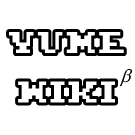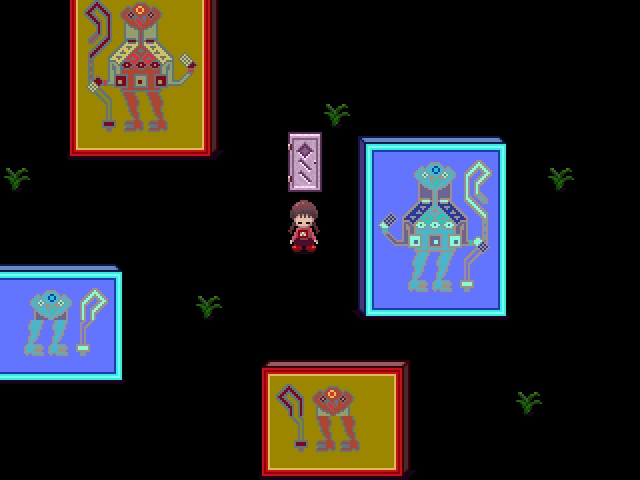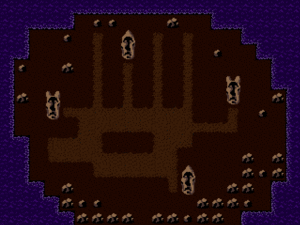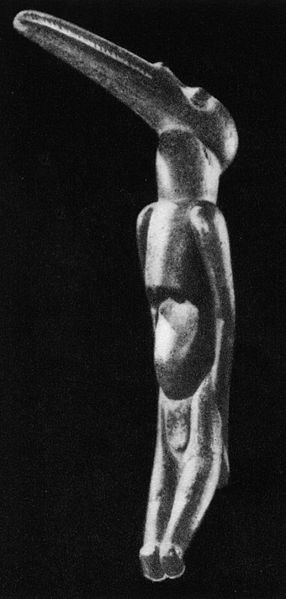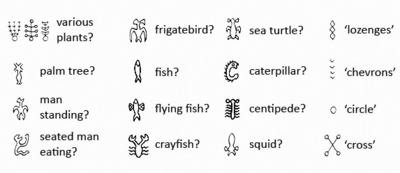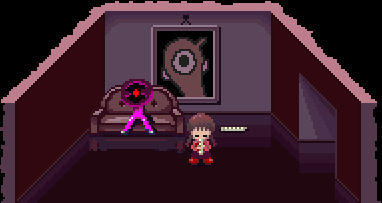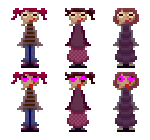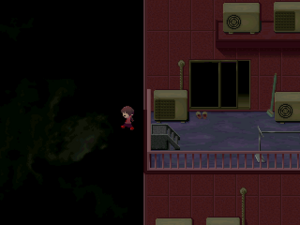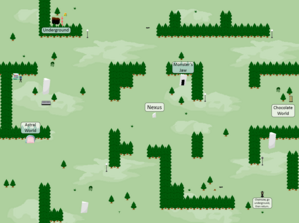>Mt.kiki No edit summary |
>Mt.kiki No edit summary |
||
| Line 42: | Line 42: | ||
[[File:FC_World_Moai.gif|thumb|left|FCworld_Moai(Easter Island)]] | [[File:FC_World_Moai.gif|thumb|left|FCworld_Moai(Easter Island)]] | ||
←Not Mural World([[FC World]]) | |||
The origin of the [http://en.wikipedia.org/wiki/Cult <u>cult</u>] and the time thereof are uncertain, as it is unknown whether the cult replaced the preceding [http://en.wikipedia.org/wiki/Moai <u>Moai</u>]-based religion or had co-existed with it. [http://en.wikipedia.org/wiki/Katherine_Routledge <u>Katherine Routledge</u>] was, however, able to collect the names of 86 Tangata manu.<sup class="reference" id="cite_ref-Rou_1-1" sizcache022439169309346613="46 141 44" sizset="false">[http://en.wikipedia.org/wiki/Tangata_manu#cite_note-Rou-1 <u>[1</u>]]</sup> | The origin of the [http://en.wikipedia.org/wiki/Cult <u>cult</u>] and the time thereof are uncertain, as it is unknown whether the cult replaced the preceding [http://en.wikipedia.org/wiki/Moai <u>Moai</u>]-based religion or had co-existed with it. [http://en.wikipedia.org/wiki/Katherine_Routledge <u>Katherine Routledge</u>] was, however, able to collect the names of 86 Tangata manu.<sup class="reference" id="cite_ref-Rou_1-1" sizcache022439169309346613="46 141 44" sizset="false">[http://en.wikipedia.org/wiki/Tangata_manu#cite_note-Rou-1 <u>[1</u>]]</sup> | ||
| Line 67: | Line 67: | ||
==[[The Docks]](Rongorongo380)== | ==[[The Docks]](Rongorongo380)== | ||
[[File:Rongorongo-Glyphs.png|thumb|400px|Rongorongo-Glyphs(seated man eating?)]][[File:Fatsoto.png|link=http://yumenikki.wikia.com/wiki/The_Docks|frame|left|Stands and eating man? ]] | [[File:Rongorongo-Glyphs.png|thumb|400px|Rongorongo-Glyphs(seated man eating?)]][[File:Fatsoto.png|link=http://yumenikki.wikia.com/wiki/The_Docks|frame|left|Stands and eating man? ]]←"The tall, strobing NPC" | ||
"seated man eating?"→ | "seated man eating?"→ | ||
Revision as of 01:19, 7 February 2013
Mural World(Petroglyph)
The Birdman cult was suppressed by Christian missionaries in the 1860s.
http://en.wikipedia.org/wiki/Tangata_manu
←Not Mural World(FC World)
The origin of the cult and the time thereof are uncertain, as it is unknown whether the cult replaced the preceding Moai-based religion or had co-existed with it. Katherine Routledge was, however, able to collect the names of 86 Tangata manu.[1]
http://en.wikipedia.org/wiki/Petroglyph
Mural World(Birdmen)
Text X of the rongorongo corpus, known as the (New York) Birdman, is one of two dozen surviving rongorongo texts.
http://en.wikipedia.org/wiki/Rongorongo_text_X
Rongorongo is a system of glyphs discovered in the 19th century on Easter Island that appears to be writing or proto-writing.
The Tangata manu (bird-man), was the winner of a traditional competition on Rapa Nui (Easter Island). The ritual was an annual competition to collect the first Sooty Tern (manu tara) egg of the season from the islet of Motu Nui, swim back to Rapa Nui and climb the sea cliff of Rano Kau to the clifftop village of Orongo.
http://en.wikipedia.org/wiki/Tangata_manu
The Docks(Rongorongo380)
←"The tall, strobing NPC"
"seated man eating?"→
A tall, thin, strobing character found in The Docks that appears to be eating something. He gives the Fat effect. Rongorongo_Glyphs
The Sewers(Rongorongo046)
http://en.wikipedia.org/wiki/Street_art
Peach-colored
“∞(Rongorongo046)”
Pink"S(speed)":tagging
Light green"UFO(Flying saucer)": Graffiti
The Mall(Kokopelli)
Kokopelli is a fertility deity, usually depicted as a humpbacked flute player (often with feathers or antenna-like protrusions on his head), who has been venerated by some Native American cultures in the Southwestern United States. Like most fertility deities, Kokopelli presides over both childbirth and agriculture. He is also a trickster god and represents the spirit of music.
http://en.wikipedia.org/wiki/Kokopelli
Japanese Spall
笛(ふえ)⇒a recorder
English Spall
猫(ねこ)= a cat(Effect) + 背(ぜ)= the back ⇒ 猫背(humpbacked = the back of a cat)
Toriningen(Not Birdmen)
Harpies remained vivid in the Middle Ages.
In his Inferno, XIII, Dante envisages the tortured wood infested with harpies, where the suicides have their punishment in the seventh ring of Hell:
http://en.wikipedia.org/wiki/Harpy
Here the repellent harpies make their nests,
Who drove the Trojans from the Strophades
With dire announcements of the coming woe.
They have broad wings, a human neck and face,
Clawed feet and swollen, feathered bellies; they caw
Their lamentations in the eerie trees.[6]
William Blake was inspired by Dante's description in his pencil, ink and watercolour "The Wood of the Self-Murderers: The Harpies and the Suicides" (Tate Gallery, London)
